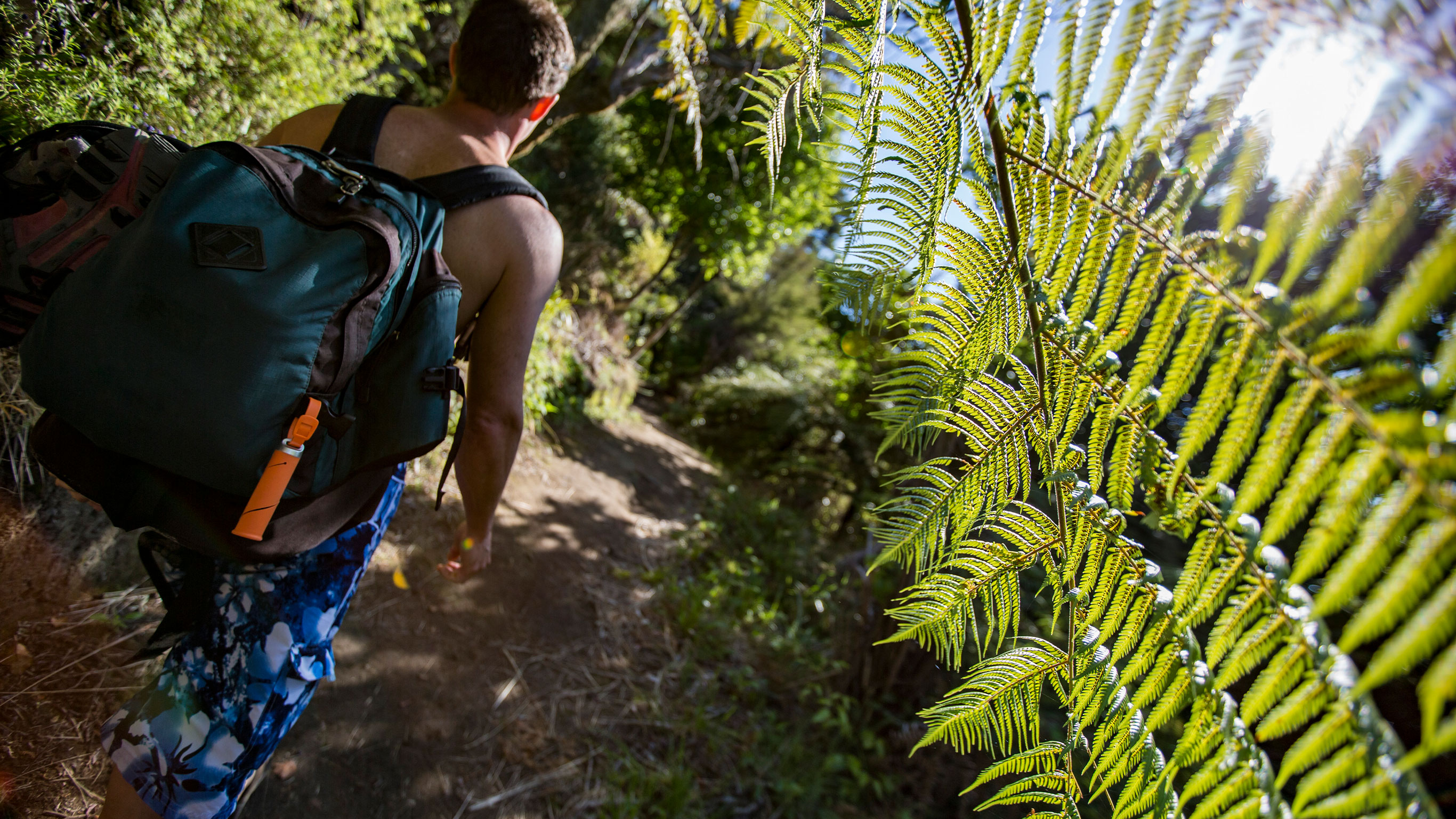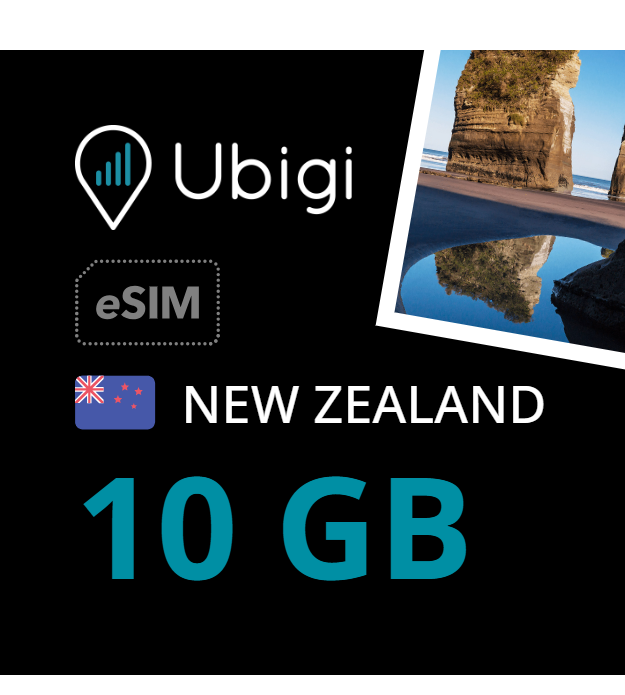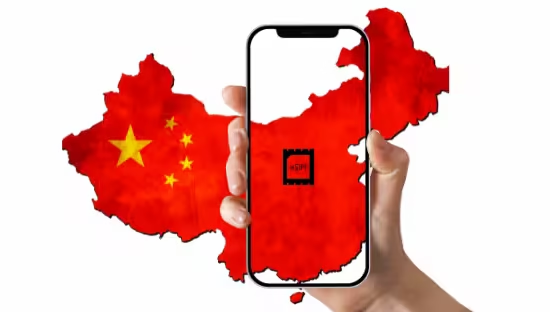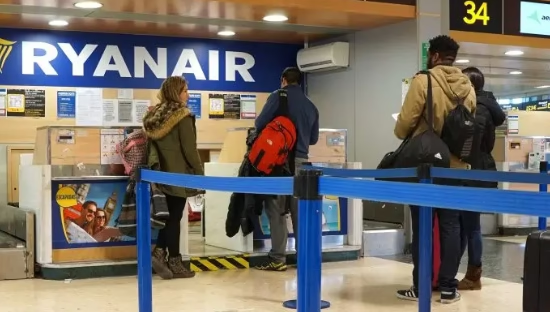
2degrees Launches Free 7-Day eSIM Trial in New Zealand
New Zealand’s mobile market just got a little more interesting. 2degrees has rolled out something Kiwis don’t often see from a major telco: a completely free, no-strings-attached 7-day mobile trial, powered entirely by eSIM technology. No store visit, no plastic SIM card, no cancellation hoops—just a quick signup and a week to see how the network performs on your own phone.
For 2degrees, this isn’t just a marketing experiment. It’s the first time the company is offering an eSIM-based trial, and it signals a broader shift in how telcos are trying to win trust in a market where network claims often blur together. Instead of telling consumers the network is good, the company is simply saying: try it yourself.
Let’s break down what the offer includes, how it works, and why this move matters in the bigger NZ telecommunications landscape.
What the Free 7-Day eSIM Trial Actually Gives You
2degrees isn’t holding back for this test drive. Once activated, the trial includes:
- 15GB of mobile data
- 500 minutes of calling
- 100 SMS
- Full access to the 2degrees 4G/5G network
- Zero cost and zero commitment
If you have an eSIM-capable phone (basically, most iPhones since the XS, recent Samsungs, Pixels, and a growing list of devices), you can install the 2degrees mobile profile in minutes. No courier, no plastic, no fiddly SIM tray.
The offer runs until 22 December and is available only to people in New Zealand who are not currently 2degrees customers and who have an existing mobile plan with another telco. So yes, Vodafone (One NZ) and Spark customers are very much the target audience.
How Signup Works—And Why eSIM Makes It So Damn Easy
To get started, all you need is:
- A phone that supports eSIM
- A current plan with another telco
- A few spare minutes
You sign up online, the eSIM profile installs, and boom—you’re live on 2degrees.
Because eSIM lets you run two numbers on one device, your usual mobile number stays active, and you can test 2degrees side-by-side with your existing network. For anyone comparing speeds, call quality, or coverage on their regular commute, this is incredibly useful.
It’s also a clever way to remove friction. Historically, switching telcos required going into a store or waiting for a physical SIM to arrive. That alone stopped many people from ever testing alternatives. eSIM kills that barrier entirely.
Why 2degrees Is Making This Move Now
Mark Callander, CEO of 2degrees, didn’t mince words in the announcement. The company is confident Kiwis who try the network will stay:
“This trial is about backing ourselves… no strings, no hassle, just seven days to see how good our coverage, reliability and speed really are.”
He also took a light jab at the industry’s obsession with external awards—those glossy badges from global testing firms that telcos often pay hefty licensing fees to promote:
“All the main mobile networks in NZ win awards from overseas testing companies… We think offering a no-strings trial is the best way to show off our network.”
It’s a refreshing stance. Awards have value, but they only tell part of the story. Real-world performance in your home, your office, your commute? That’s what actually matters.
A New Trend Among Telcos: “Try Before You Buy”
Globally, we’re seeing more telcos use eSIM to run free or low-commitment trials. T-Mobile in the US launched its Network Pass program, giving customers up to three months to evaluate its 5G network using eSIM. In Europe, providers like O2 Germany, Orange, and Vodafone UK have tested shorter eSIM trial windows.
The reason? It works.
Consumers trust experience over marketing claims, and eSIM eliminates switching friction in a way the industry has never had before. It’s no coincidence that markets with high eSIM adoption also see higher churn—customers simply move more freely when the process is easy.
New Zealand has been slower than some markets to adopt eSIM trials, so 2degrees is positioning itself ahead of the curve.
How This Compares to Other NZ Telcos
New Zealand’s mobile landscape is dominated by three major players:
- Spark
- One NZ (formerly Vodafone)
- 2degrees
All three have strong nationwide networks, supported by independent testing from groups like Ookla, Opensignal, and Umlaut. Each performs differently across metrics—Spark often leads in download speeds, One NZ in 5G reach, and 2degrees in latency and customer satisfaction—but the competition is tight.
What none of the others currently offer is a frictionless, open, eSIM-powered trial with significant data and minutes included.
Spark does allow eSIM activation, and One NZ supports eSIM on a wide range of devices, but neither has turned the technology into a customer-acquisition tool the way 2degrees is now.
If this trial proves successful, expect eSIM try-before-you-buy offerings to become a standard feature in NZ.
The Real Significance: This Is About Trust, Not Just Tech
This trial isn’t just about convenience—it’s about transparency. Telcos have long relied on marketing messages, coverage maps, and third-party awards to prove network quality. But consumers have grown skeptical.
By shifting the power directly to the user, 2degrees is saying, “We don’t need to convince you—you can convince yourself.”
In a market where all three major networks claim strong performance, the ability to test one network against another in real time becomes a huge differentiator.
It also aligns with global telco trends:
- More eSIM adoption
- More digital-first customer experiences
- Less reliance on physical SIM logistics
- More transparency and trial-based acquisition
With Apple pushing eSIM-only iPhones in the US and other manufacturers following, this model is only going to grow.
Conclusion: A Smart, Timely Move in a Market Ripe for Change
2degrees’ free 7-day eSIM trial is more than a promotional stunt—it’s a strategic play that reflects where the industry is headed. While Spark and One NZ continue to focus on network awards, 2degrees is betting on experiential trust. And honestly, that’s where the modern telco battle is being fought.
Independent sources like Opensignal, Ookla Speedtest Intelligence, and Umlaut consistently show that NZ’s networks are competitive but also variable depending on region, device, and personal usage habits. A universal “best network” doesn’t exist for everyone—so letting people test for themselves is arguably the most honest approach.
If consumers respond positively (and there’s every reason to think they will), this could push the entire NZ market toward more transparent, user-driven mobile experiences. And with eSIM adoption rising globally, it’s likely only the beginning.
For now, 2degrees has thrown down a challenge: stop believing the ads—go see what your phone says.
Sandra Dragosavac
Driven by wanderlust and a passion for tech, Sandra is the creative force behind Alertify. Love for exploration and discovery is what sparked the idea for Alertify, a product that likely combines Sandra’s technological expertise with the desire to simplify or enhance travel experiences in some way.












